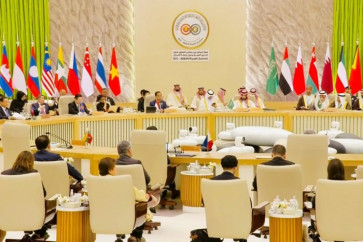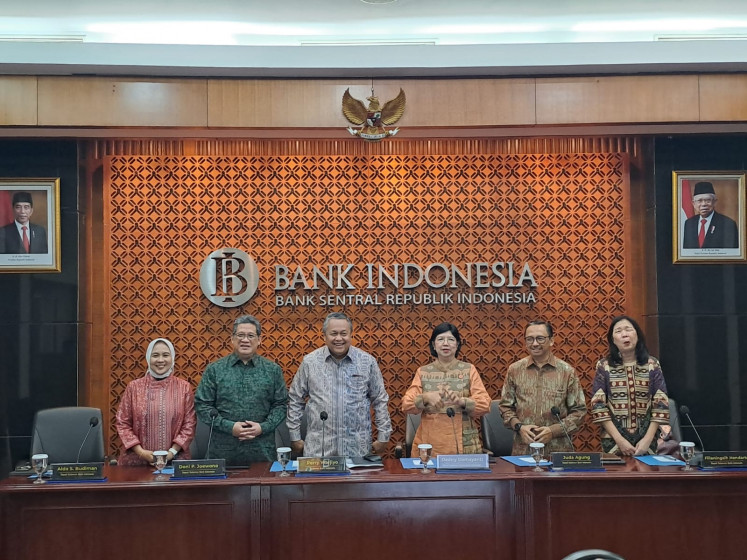Civil servants face multiple barriers to overseas education
Multiple personal and institutional barriers are preventing civil servants from seeking further education overseas through available scholarships, a study shows
Change Size

M
ultiple personal and institutional barriers are preventing civil servants from seeking further education overseas through available scholarships, a study shows.
“Regional development will accelerate if local government officials get better education,” said Taufik Hanafi, from the Religion and Education Division of the National Development Planning Agency, on Friday.
“The better the human resources, the greater the economic and social development,” he said.
“Approximately 1,500 overseas scholarship are offered every year, but because of the barriers, we cannot take advantage of them,” he said.
The Indonesian and Australian governments funded research in 2010 to identify the three main reasons why government officials have struggled to attain overseas scholarships.
The study found that government institutions typically did not want to suffer the absence of staff members for long periods of time as would be necessitated by overseas scholarships.
“Government institutions are having difficulty reinstated personnel who have just returned from overseas,” said Yoseph Yandra, one of the study’s researchers.
“Another problem is that those who take scholarships can lose their positions if they are absent for more than six months.”
The study also found that information on scholarships is not readily available.
“Particularly in provinces, many information channels are blocked,” said Alan Atwell, another researcher, adding that many civil servants simply were not motivated to seek further education.
“It is not the employers who motivate the government officials to seek scholarships,” he said. “It is the civil servants themselves who are making the decision to turn down more in-depth knowledge.”
Adding to the lack of interest is that many civil servants are very poor at English.
The research also reported that 71 percent of respondents said that their institutions did not provide sufficient English language training.
The research identified possible solutions for the problems, including improving human resources planning to stimulate interest in overseas scholarships, and improving language training.
The research was part of the Overseas Scholarship Roundtable, a program aimed at improving information sharing and coordination among scholarship programs funded by the Indonesian government, foreign parties and the private sector. (map)
Institutional barriers
• Lack of human resources planning
• Lack of government support
• Lack of clear career guidance
• Regulations pertaining to extended absence
• Hierarchal system does not value higher education
Personal barriers
• Poor English
• Low self-esteem
• Perception that scholarships are reserved for only high-ranking officials
• Lack of information about the benefits of overseas scholarships
• Family obligations and financial resources
Access barriers
• Lack of information about scholarship programs
• Lack of access to counseling and advice
• Lack of role models
• Poor English









